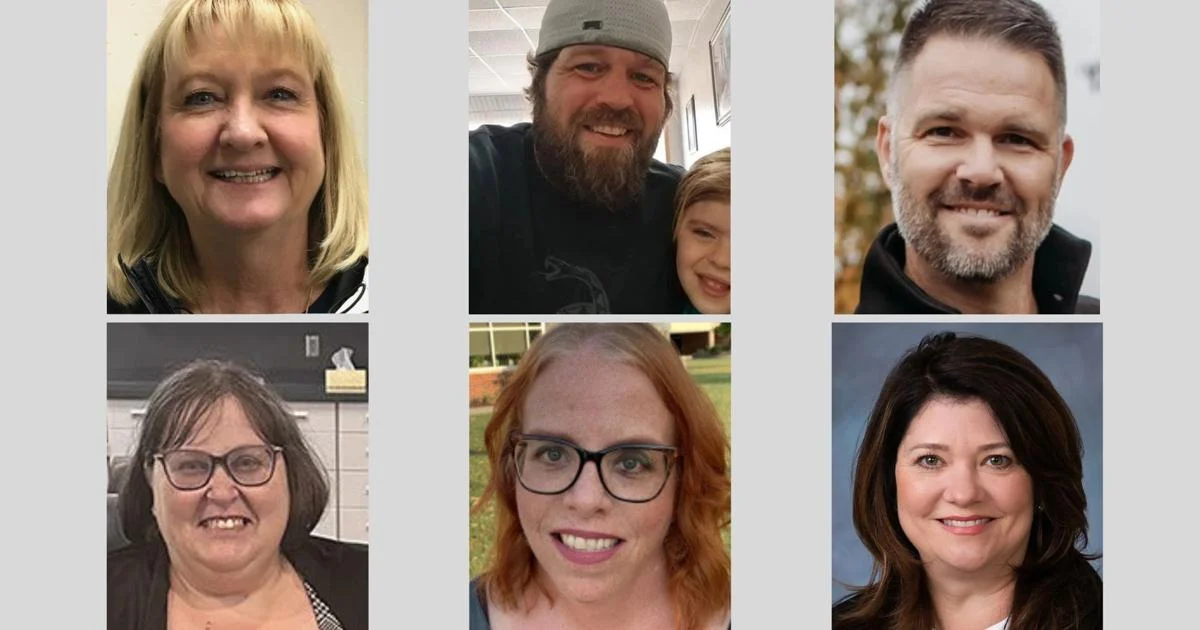Copyright sbs

It was supposed to be a routine procedure; a quick 15-minute day surgery to stop excessive periods. Instead, it felt like my ovaries were trying to kill me. After five years of fighting my perimenopause symptoms, I felt completely beaten. This wasn’t a gentle transition into menopause. It was a bare-knuckled street fight with my hormones that left me on the floor more times than I could count. At 50 years old, all I could think was: "Stick a fork in me, I’m done". I was 45 when my ovaries started spluttering to a halt, backfiring like a 1983 Datsun. Perimenopause had begun , but I didn’t know that because, quite frankly, I’d never even heard the word before. Like most people, I thought menopause was something that happened to grey-haired women in their 60s when their periods stopped. I wasn’t in that category — I was 45, I was a fox and I was thriving in my career as a journalist while running my own media business. I had worked hard to get where I was. And then my body decided to launch a full-scale mutiny. Perimenopause started wrecking my life in 2020. Turns out that perimenopause and a global pandemic are a match made in hell. COVID-19 was also the perfect veil to hide my symptoms. When I became anxious and depressed, I blamed stress. I’d never struggled with mental health before, so I figured everyone was feeling like that. When I started having hot flushes, I thought it was because of the COVID-19 kilos creeping on. I used an IUD, and I'd had 12 blissful years without a period then suddenly, in 2020, I got what could only be described as an Armageddon period that drenched my clothes. And still I thought: "Wow, I’m really stressed". That period was the only reason I went to the doctor. Unfortunately, that GP didn’t know much about perimenopause either . I was sent for blood tests and an internal ultrasound in case I had cervical cancer. When the tests came back clear, I was sent on my way with a pat on the head and a suggestion to "meditate" and "take up a hobby". Because, let’s be honest, many GPs are woefully uneducated when it comes to diagnosing and treating perimenopause. I drove home in tears, blaming myself for not being strong enough to cope. But it didn’t end that day. My mental health nosedived. I got to the point where I was crying daily — sometimes for no reason at all. Then I lost my motivation to work. I'm a workaholic (not necessarily something to brag about), so not wanting to work felt as unnatural as having a broken leg. But despite my symptoms spiralling out of control, I didn’t see another doctor for nine months . I kept pushing through, filling my schedule only to break down in tears on the drive home. I berated myself constantly, convinced I was incompetent, embarrassing and a failure. Then came the days where I couldn’t get out of bed; the weeks where I didn’t shower for three days at a time. The black dog of depression sat on my chest, and he was heavy. And then I bled again. For 62 days straight. I felt broken. To stop the bleeding, my options were a hysterectomy or an endometrial ablation, a medical procedure that stops heavy vaginal bleeding by destroying the uterine lining. Being supposedly minimally invasive, I opted for the latter treatment. But there were complications during the procedure that led to my lung collapsing and my stint in intensive care. Perimenopause had nearly killed me. While I recovered physically, my mental health remained battered. After nearly a year of misery, it was my husband who staged an intervention. He sat me down and gently said: "I don’t think there’s anything wrong with you, but you haven’t been yourself for a long time. I think there might be something wrong with the chemicals in your brain". That was the push I needed. The next doctor I saw did understand perimenopause. She put me straight onto hormone replacement therapy (HRT) and an antidepressant. Within a month, I felt like me again. I had joy, I liked my job again, and — most importantly — I liked myself again. I wish I could say HRT was a magic pill that fixed everything overnight, but the truth is, it took another four years to truly get on top of my symptoms. And I have to remain vigilant. I've also made major lifestyle changes that help me feel good. I exercise every day, ensure I get enough sleep, eat well and control my stress. Looking back at 2020, I barely recognise the woman who went through that hell. Instead of feeling grateful that I survived, I feel angry. I was let down by the sisterhood for not talking openly about perimenopause. I was failed by the healthcare system for its lack of education on the topic. I felt outraged when I was sent to a psychologist for perimenopausal depression, and the first question was: "What’s perimenopausal depression?" I felt robbed of an entire year of my life. I turned my rage into action. I started campaigning in parliament, I co-created Don’t Sweat It, a business dedicated to educating workplaces about menopause. I spoke about it on national TV, gave keynote speeches, wrote countless articles, and used my social media to share my story. I empathised and listened to the women who slid into my DMs. Because keeping this as "secret women’s business" helps no one. To women, I would say educate yourselves so your symptoms don't become severe before you even know what's causing them. If we know what to look for, we can find a great GP who has been educated in perimenopause to help us as a teammate. I also wrote a book about my experience, I’m Your Peri Godmother, which is laced with science and facts about what the female body goes through in perimenopause, menopause and postmenopause, and what women can do to treat their symptoms . It's a love letter to all the women who have been gaslit, ignored, and made to feel like they were yelling into the wind. It’s for those who are going through it now and for the younger women who need to know what’s coming. While perimenopause isn’t debilitating for every woman, for me, it was brutal. SBS On Demand download our app subscribe to our newsletter



